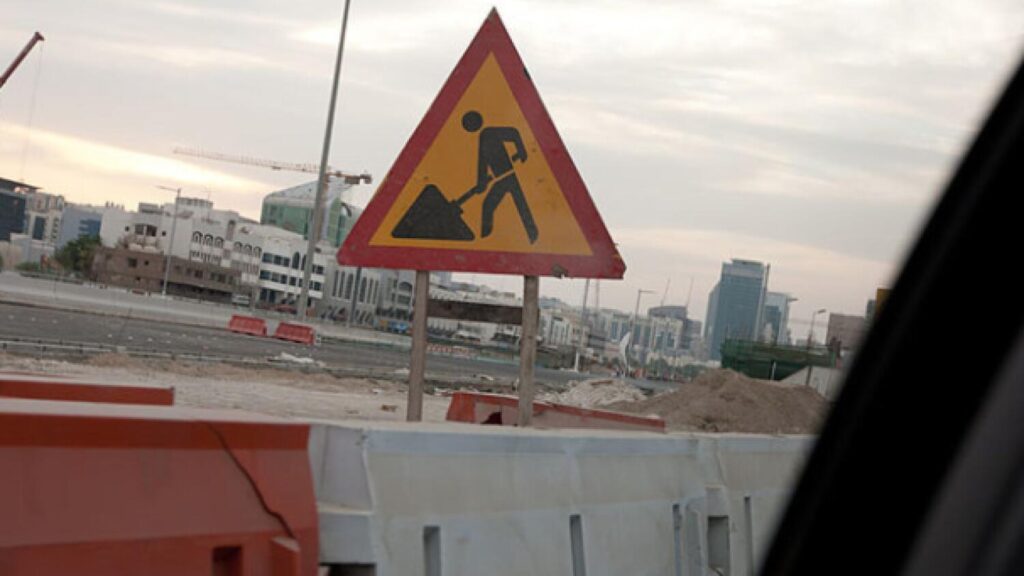Over the last week, as diplomatic relations rapidly unravelled following the Pahalgam attack, Pakistani intelligence sources forewarned an attack by India was imminent. On May 7, in the middle of the night, that warning was proved true.
India attacked multiple sites in Pakistan early on Wednesday, targeting what it called ‘terrorist infrastructure’. At least eight Pakistanis were killed and 35 injured, a Pakistan military spokesperson said in a statement.
India’s Ministry of Defence said the strike was part of ‘Operation Sindoor’ and described it as “a precise and restrained response” to the attack in Pahalgam last month, which claimed 26 lives.
Here is everything you need to know about what the operation means and how it took place:
What is ‘Operation Sindoor’?
The name of India’s military operation, Sindoor, is an apparent reference to the women who lost their spouses in the attack on Hindu tourists in Pahalgam last month.
Sindoor is a Hindi word used to refer to the traditional red vermilion worn by married Hindu women on their forehead symbolising protection and marital commitment. Women traditionally stop wearing it when they are widowed.
The imagery has been brought to life with a graphic that has gone viral in the aftermath of the attack (see below):
How many sites were hit and where?
India claims that it attacked nine sites in Pakistan and Pakistan-administered Kashmir under the operation. According to ANI sources, Indian armed forces struck four targets in Pakistan, including Bahawalpur, Muridke, and Sialkot, and five in Pakistan-administered Kashmir.
Pakistan’s Defence Minister Khawaja Muhammad Asif told Geo that all sites targeted by India were civilian and not militant camps. The Indian statement further said, “No Pakistani military facilities have been targeted.”
How were the sites chosen?
Indian forces said they selected the location for strikes with the intent of targeting top Jaish-e-Mohammed and Lashkar leadership for their role in sponsoring terrorist activities in India, stated ANI, citing close sources.
What was the impact of the strikes?
Initial reports recorded three civilian deaths in Pakistan, including that of a child. Within a couple of hours, however, the death toll was revised to eight, with 35 casualties reported.
Meanwhile, a statement by the Indian army added that three civilians had been killed after Pakistan “resorted to indiscriminate firing and shelling”.
How has Pakistan responded?
Pakistani Prime Minister Shehbaz Sharif called the Indian attack “unprovoked” and “cowardly”, and said the “heinous act of aggression will not go unpunished.”
What does this operation mean for ongoing tensions?
Wednesday’s strikes are a dangerous heightening of friction between the South Asian neighbours, who have fought multiple wars since they gained independence from the British in 1947.
For days, the international community has piled pressure on Pakistan and India to step back from the brink of war. However, in the wake of the attacks — which is the worst fighting in years between the nuclear-armed neighbours — Pakistan has said it would mount a befitting response in a “time of its choosing” to what it called “an act of war”.
Here, in the UAE, expats from both communities spent a restless night, staying up to watch the news and connect with anxious loved ones near the border amid fears of a full-blown war breaking out. (Read the full story here.)
How have world leaders reacted?
Asked about the strikes, US President Donald Trump told reporters in Washington he hopes the fighting “ends very quickly”. US Secretary of State Marco Rubio said he was monitoring the situation between India and Pakistan closely, adding that he will “continue to engage both Indian and Pakistani leadership towards a peaceful resolution”.
“The world cannot afford a military confrontation between India and Pakistan,” the spokesman for UN chief Antonio Guterres, Stephane Dujarric, said in a statement, adding that Guterres called for “maximum restraint.”
Sheikh Abdullah bin Zayed Al Nahyan, UAE Deputy Prime Minister and Minister of Foreign Affairs, also called on India and Pakistan to exercise restraint and avoid further escalation that could threaten regional and international peace.
The minister stressed that listening to voices calling for dialogue and understanding is crucial to avoiding military escalation, consolidating stability in South Asia, and sparing the region from tensions.
Source : Khaleejtimes



